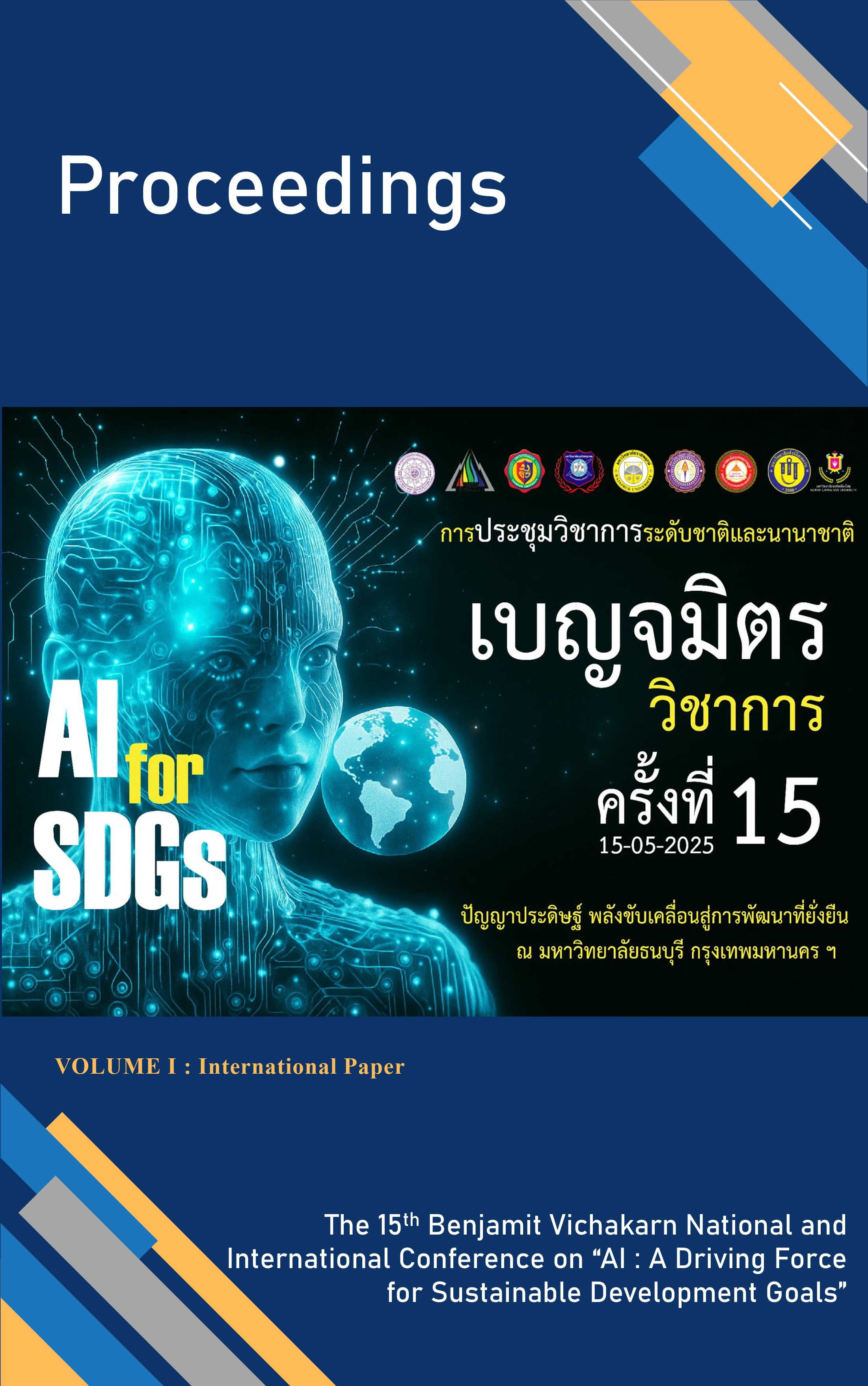The Relationship between Students’ Academic Motivation and Students’ Self-Efficacy related to Students’ Academic Performance at Shandong College of Traditional Chinese medicine Yantai, China
Main Article Content
Abstract
Academic motivation and self-efficacy are critical factors influencing students' academic performance, yet their specific relationship remains under explored in the context of traditional Chinese medicine education. Understanding this connection at Shandong College of Traditional Chinese Medicine is essential to develop targeted strategies that enhance student outcomes and professional readiness. The objectives 1) To study students’ academic motivation 2) To study students’ self-efficacy 3) To study the relationship between students’ academic motivation and Student’s self-efficacy related to students’ academic performance at Shandong College of traditional Chinese. The sample consisted of 297 students, academic year 2024, using simple random sampling. The instrument using Questionnaire to collect data with an index of consistency (IOC) between 0.67 – 1.00 and the overall reliability of 0.95. Statistics used to analyze the data were mean, standard deviation. The hypothesis was tested by using the Pearson correlation coefficient. The statistical significance was set at the 0.01 level. The study's results indicated that: 1) Students with higher motivation and stronger self-efficacy beliefs tend to perform better academically, with these factors being strongly correlated with high levels of performance. 2) A significant positive relationship exists between both academic motivation and self-efficacy and academic performance, with their importance being notably high. In conclusion, enhancing students' academic motivation and self-efficacy emerges as effective strategies for improving academic performance and overall student success in college. Recommendations for academic interventions to boost these factors are also provided.

